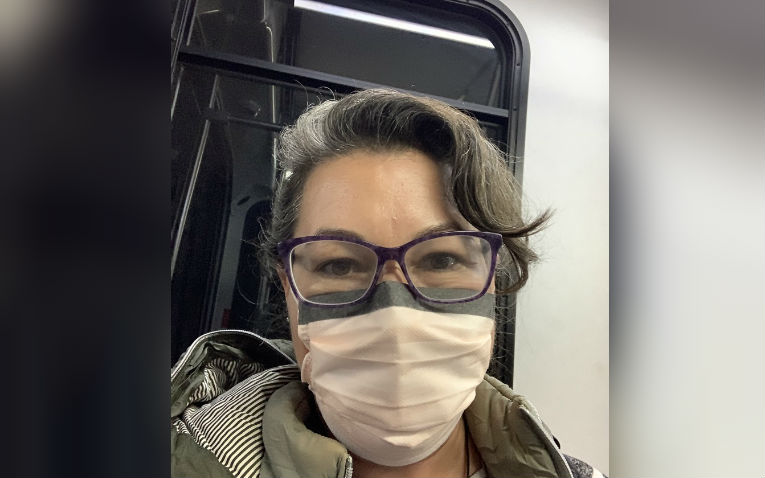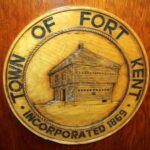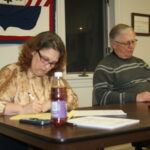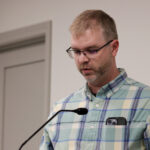
Click here for the latest coronavirus news, which the BDN has made free for the public. You can support this mission by purchasing a digital subscription.
It was supposed to be a routine trip to Honduras for Dr. Jennifer Cavalari.
She had arrived there on March 5 for two weeks — something she had been doing every few months since she co-founded the organization Sustainable Empowerment Leadership Foundation with Honduran nurse Moises Vallecillo in 2016. The organization provides health care services, along with education and clean water projects, to rural communities in that country.
[Our COVID-19 tracker contains the most recent information on Maine cases by county]
But just around the time she was supposed to leave, the World Health Organization declared the COVID-19 coronavirus to be a global pandemic.
“Honduras reacted very quickly,” Cavalari said. “First they closed schools for two weeks. Then about four days prior to my departure they sealed the borders both ways for seven days.”
With the country’s borders closed, flights leaving Honduras were delayed or canceled. Roadblocks were set up throughout the country, effectively barring any form of travel, and putting an abrupt end to Dr. Cavalari’s mission there. She donated their entire pharmacy and medication to the different communities they were serving and found herself scrambling to try and get back home.
But even when the Honduran government lifted some of its restrictions and gave permission for Cavalari to travel through the country, there were no more domestic flights to the United States scheduled until May. That meant she had to seek help from her own government.
She credits a WhatsApp group she joined with more than 200 members — consisting of Americans who were stuck in Honduras — for providing her with the information she needed to figure out how to get back to Maine.
“I basically spent a week working with the U.S. Embassy, the Department of State, [U.S.] Sen. Susan Collins’ office [and U.S.] Rep. Jared Golden’s office,” Cavalari explained. “I was able to get myself on a forced flight, which was like a rescue flight out through the U.S Embassy.”
After leaving Honduras, Cavalari flew to Houston, then on another flight to Boston. The bus service to take her to her car in Portsmouth, New Hampshire, had ceased running, so she had to rent a car and stay an extra night. All in all, her journey back home took approximately 36 hours.
“My family was really worried about me,” she said. “But I think the thing I was most worried about was being able to come home and take care of my patients in Houlton.”
Dr. Cavallari finally returned to her home on March 30, 25 days after she had left for Honduras. Since she is returning from another country, Dr. Cavalari is under a self-quarantine for 14 days until she can resume work at Houlton Regional Hospital, helping her colleagues prepare in any way they can to combat the coronavirus.
“I’m a little nervous about being on the front lines,” she said. “As a medical provider, we know it’s going to be pretty bad over the next few weeks and months, but I’m grateful to be home and I’m grateful to be ready to go back to work in a couple of weeks.”
Asked what advice she has for people in the United States to help against the coronavirus, Dr. Cavalari said to not only follow the health guidelines set by the CDC, but also to take care of one’s mental health, such as exercising at home and staying in touch with family and friends.
“Obviously washing your hands, not touching your face, staying home, all of those recommendations are super important,” she said. “But I also think that taking care of our mental health and taking care of each other is also very important.”




